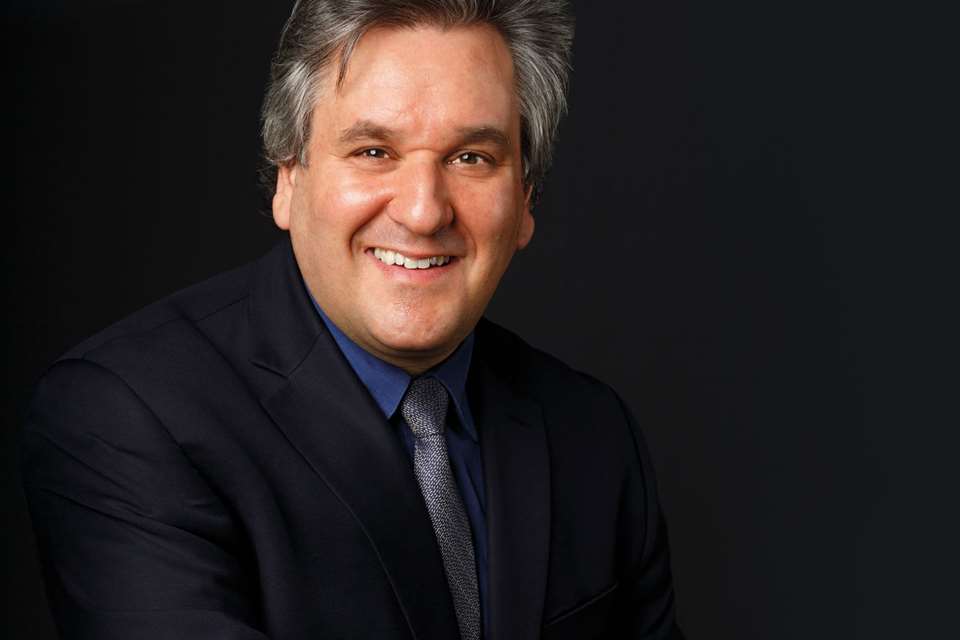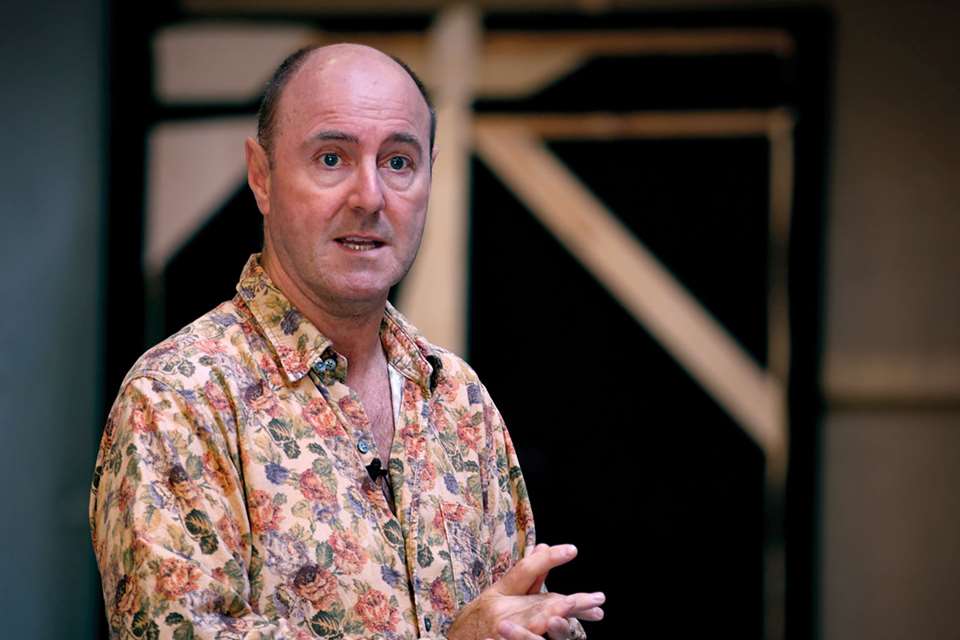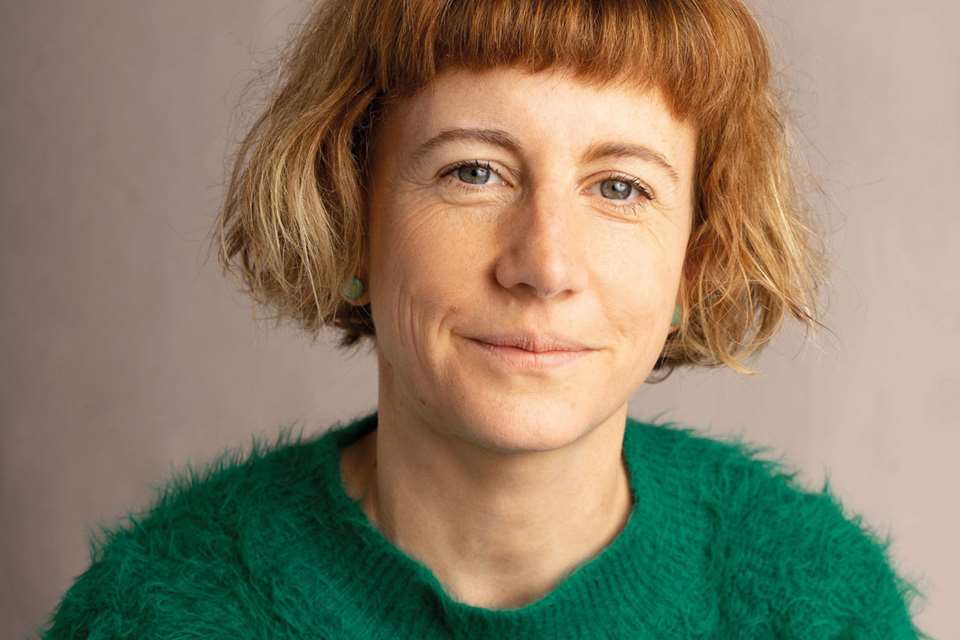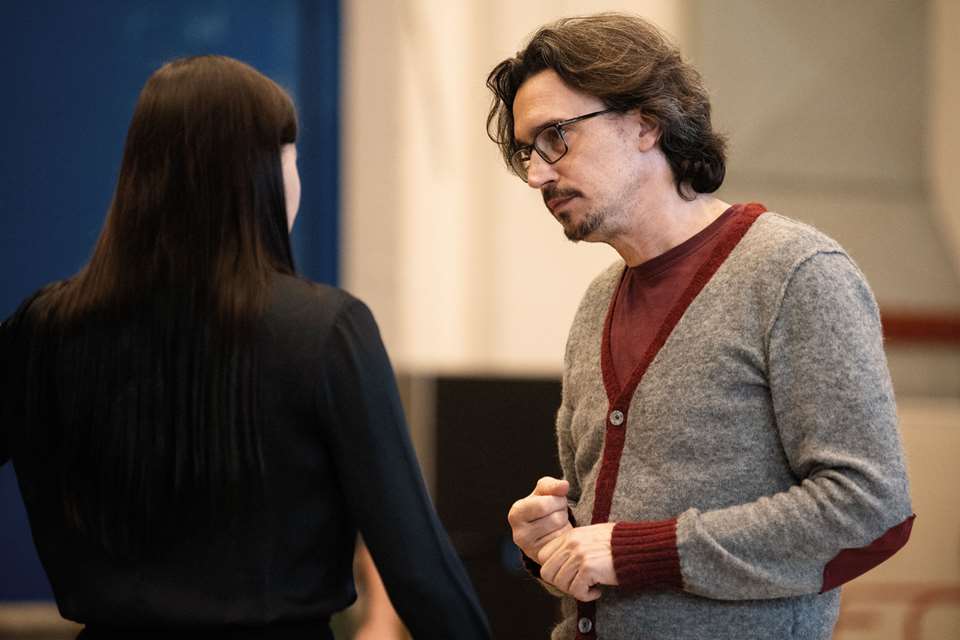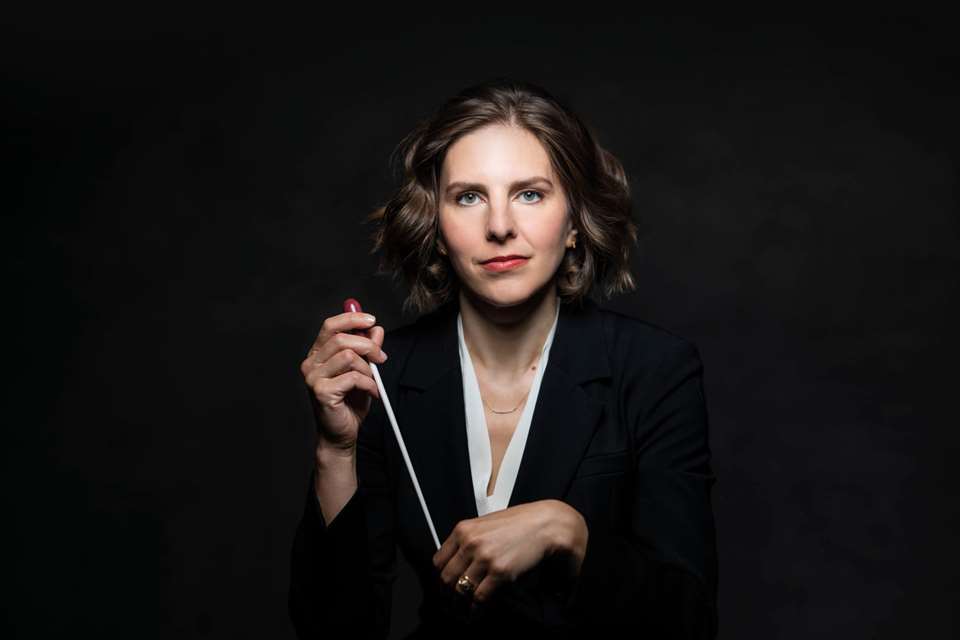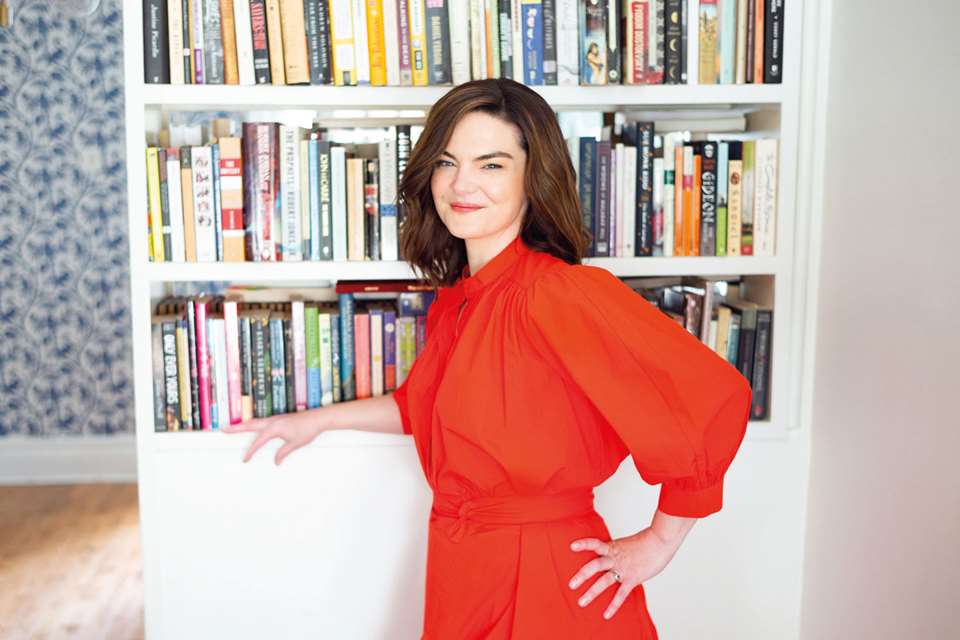Riccardo Muti’s Italian Opera Academy: safeguarding the future of Italian opera
Mark Pullinger
Thursday, April 4, 2024
Italian conductor Riccardo Muti’s Italian Opera Academy was launched in 2015 in Ravenna’s Teatro Alighieri. We explore the impact of the maestro on the next generation of opera artists
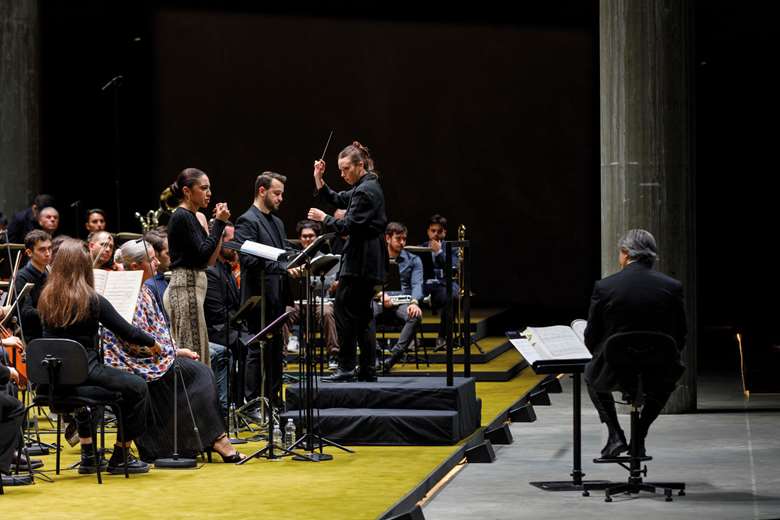
Register now to continue reading
This article is from Opera Now. Register today to enjoy our dedicated coverage of the world of opera, including:
- Free access to 3 subscriber-only articles per month
- Unlimited access to Opera Now's news pages
- Monthly newsletter




